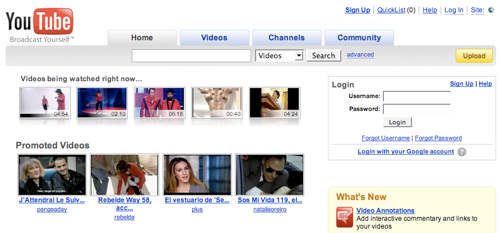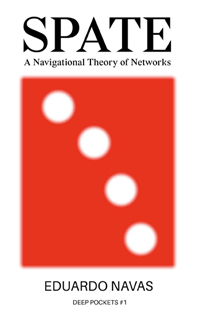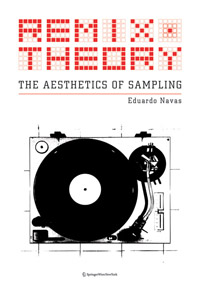Michael Wesch To Discuss “The Anthropology of YouTube” at Library of Congress on June 23

Text source: Library of Congress
More video material has been uploaded to YouTube in the past six months than has ever been aired on all major networks combined, according to cultural anthropologist Michael Wesch. About 88 percent is new and original content, most of which has been created by people formerly known as “the audience.”
Wesch will discuss the three-year-old video-sharing Web site in a lecture titled “The Anthropology of YouTube” at 4 p.m. on Monday, June 23, in the Montpelier Room on the sixth floor of the Library of Congress’ James Madison Building, 101 Independence Ave. S.E., Washington, D.C.
Sponsored by the Library’s John W. Kluge Center, the event is free and open to the public; no tickets or reservations are required. The lecture will be available at a later date as a webcast at www.loc.gov/today/cyberlc/.
This is the third lecture in a series titled “Digital Natives,” referring to the generation that has been raised with the computer as a natural part of their lives, especially the young people who are currently in schools and colleges today. The series seeks to understand the practices and culture of the digital natives, the cultural implications of their phenomenon and the implications for education to schools, universities and libraries.
According to Wesch, it took tens of thousands of years for writing to emerge after humans spoke their first words. It took thousands more before the printing press appeared and a few hundred again before the telegraph did. Today a new medium of communication emerges every time somebody creates a new web application. “A Flickr here, a Twitter there, and a new way of relating to others emerges,” Wesch said. “New types of conversation, argumentation and collaborations are realized.”
Enter YouTube, which is not just a technology. “It’s a social space built around video communication that is searchable, taggable and mashable,” Wesch said. “It is a space where identities, values and ideas are produced, reproduced, challenged and negotiated in new ways.”
In his presentation, Wesch will discuss the research of his Digital Ethnography research team at Kansas State University into the cultural aspects of YouTube. Wesch is a cultural anthropologist at Kansas State, exploring the impact of new media on human interaction. He has won several awards for his work, including a Wired Magazine Rave Award and the John Culkin Award for Outstanding Praxis in Media Ecology.
The moderators and coordinators for the “Digital Natives” series are Deanna Marcum, associate librarian for Library Services at the Library of Congress, and Derrick deKerckhove, holder of the Harissios Papamarkou Chair in Education at the Kluge Center. Marc Prensky, who is credited with creating the term “digital native” will act as respondent. The final program in the series will take place on Monday, June 30, when Douglas Rushkoff, author of “ScreenAgers: Lessons in Chaos from Digital Kids,” gives a talk titled “Open Source Reality.”
The Papamarkou Chair in Education was established at the Library of Congress by a gift from Alexander Papamarkou (1930-1998), an investment banker who was generous in his support of the arts, education and medicine, in honor of his grandfather, a Greek educator. Holders of the Papamarkou Chair focus their research on the Library’s role in education and examine the impact of education on individuals and society.
Through a generous endowment from John W. Kluge, the Library of Congress established the Kluge Center in 2000 to bring together the world’s best thinkers to stimulate and energize one another to distill wisdom from the Library’s rich resources and to interact with policymakers in Washington. Please visit www.loc.gov/kluge/.
Lascia un commento
You must be logged in to post a comment.








